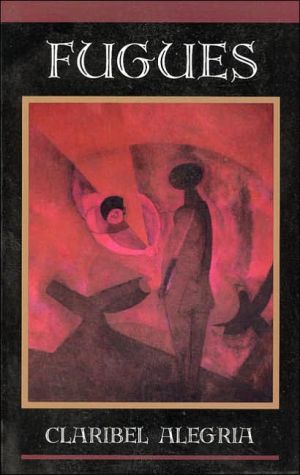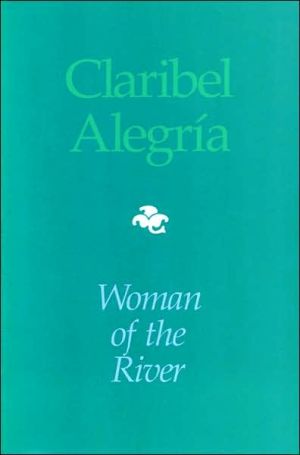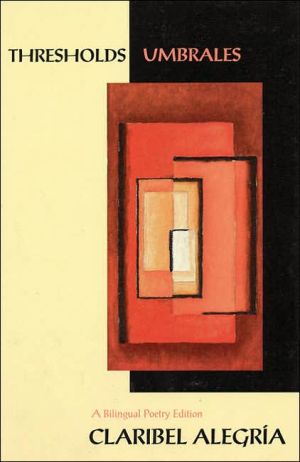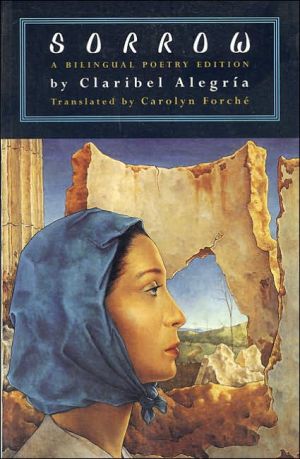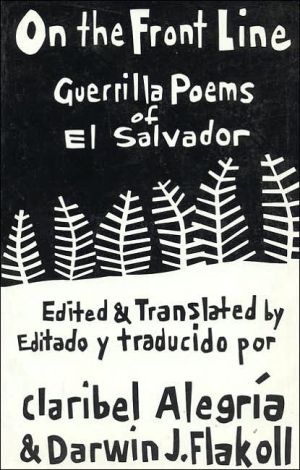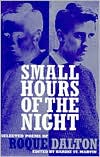Fugues
Well-known for her incisive descriptions of war and violence in El Salvador, Claribel Alegría is one of Central America's most eminent poets. In Fugues, a lucid and strikingly beautiful new collection, she looks squarely into the face of mortality, love, and aging, to explore the personal as well as universal questions that face each human being.
Search in google:
\ Publishers Weekly - Publisher's Weekly\ El Salvadoran native Alegria, the leading poetic spokesperson in support of the Sandinistas, currently lives in Nicaragua. Distanced from her anguished homeland, she attempts in her poetry to develop gentle themes. Thus this bilingual volume consists mainly of elegies and love poems. Many are mere aphorisms, however; ``I left off being me/ and began forever/ being us,'' one entire poem reads. Sparse on imagery, these tidbits ask little from readers, and give little back. In numerous three-, four- and five-line poems, as in the volume's longer pieces, Flakoll's translation sticks close to the Spanish original. The excitement of transformation and discovery one finds in Carolyn Forche's translation of Alegria's poetry in Flowers from the Volcano is sorely lacking. The English versions here are littered with cliches: ``the sun of my yesterdays,'' ``you're under my skin,'' ``the bosom of the earth.'' Demeter, Odysseus, Persephone and other figures from Greek mythology (whom Alegria calls upon to give their own accounts of exile) seem wholly out of place in both her physical and emotional landscape. Readers open this volume expecting the work of a master; instead it reads like a naive first collection. Translator Flakoll, the poet's U.S.-born husband, also collaborated with her on the novel, Ashes of Izalco. (Nov.)\ \ \ \ \ Library JournalIn a major departure for a poet primarily known for her work on the war in her native El Salvador, this collection has an elegaic, personal focus. The poet makes frequent use of classical myth, revised in a contemporary fashion, as when she has Penelope writing ``It is preferable, Odysseus,/ that you don't return . . . / of my love for you/ not even embers remain.'' Many of the pieces look ahead to death, and the overall tone is valedictory regarding the things of this world, as in this poem, quoted entire: ``What will die with me?/ Will your gaze/ Die in my pupils?'' This bilingual edition features serviceable translations by the poet's husband, with only a few notable departures from the sense of the original. Eloquent, graceful, and brave meditations like these do much to amplify the range of Central American poetry beyond the clash of political contention and the clangor of slogans. Recommended for most collections.-- Frank J. Lepskowski, Oakland Univ. Lib., Rochester, Mich.\ \ \ BooknewsA bilingual (Spanish/English) collection of personal poems on love and mortality by the eminent Latina poet. Published by Curbstone Press, 321 Jackson St., Willimantic, CT 06226. Annotation c. Book News, Inc., Portland, OR (booknews.com)\ \
